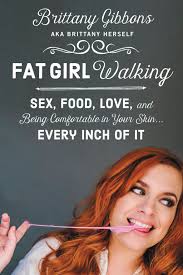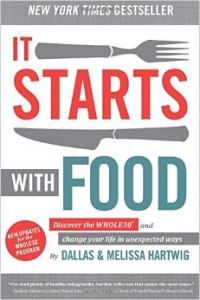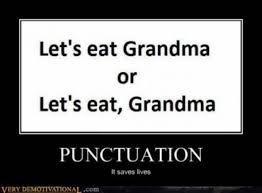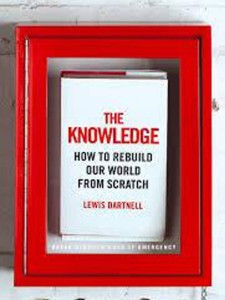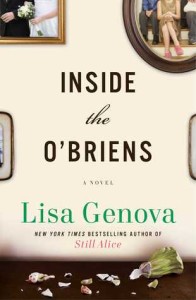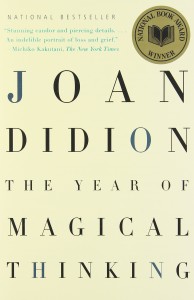Three Stars
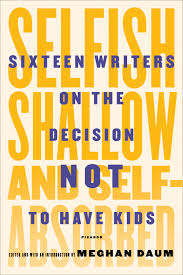
I am pretty vocal about the fact that I won’t be having children. I’ve written about it in the past, and I’m currently writing a book aimed at folks like myself. My husband and I found each other online in part because we both said ‘no’ to the ‘want kids’ question on OK Cupid. So when I saw this book reviewed in a few different places I figured I would pick it up.
It’s a collection of essays by writers, so it is necessarily a bit limited in that regard. It primarily features women, although there are contributions by men. I’m not sure of the racial demographics of the writers; none of the stories (if I’m recalling correctly) take on whether they think they’ve encountered more (or less) push-back because of their ethnicity.
The book provides for some chuckles, and elicited a few head nods from me. I could related to some folks, but not fully. I mean, I wasn’t one of the writers, so I can’t expect to have my exact feelings related back to me in essay form, but I was a bit disappointed because most of the essays still seemed a bit apologetic about not wanting children, and really interested in making the concession that people who choose not to have children are a bit off, wrong, or even, yes, selfish. I found that disappointing, because I was hoping for something different.
One essay in particular really rubbed me the wrong way. Lionel Shriver, who wrote “We Need to Talk About Kevin” (a book I hope to read some day) wrote a weirdly misogynistic and frankly delusional essay that almost had me giving up on the book (hers is the fifth essay in). Obviously she can only speak for herself in this most personal of essays, but she presumes to speak for me, and that is obnoxious. She says things like “In contrast to our predecessors, we seldom ask ourselves whether we serve a greater social purpose; we are more likely to ask ourselves if we are happy.” I’m not sure what version of reality she exists in, but I would argue they are both equal, or even completely oppositely weighted. Lots of people are making sacrifices because they understand that the way we’ve been living isn’t doing anyone any favors.
She also seems to call out those who complain about the fact that people ‘like her’ aren’t having children (e.g. well-educated, white, affluent) for what they are (not-so-subtle racism), but then seems to agree, with such disturbing lines as “we don’t consider the importance of raising another generation of our own people, however we might choose to define them.” That reads dangerously close to expressing distress over not enough white folks in the world, and that’s super creepy.
In addition to that weird (hopefully unintentional?) racism, she also makes an argument that absolutely infuriated me. She suggests that by not having children, we are ignoring our duty to the future, because we are denying the world the creation of people who might solve the world’s problems. Essentially, it’s similar to that anti-choice argument of ‘what if you’re aborting the next Einstein?’ Aside from the fact that maybe my kid would grow up to be a serial killer, so by not reproducing I could be saving the world from that pain, this claim essentially ignores the fact that maybe WE can solve the world’s problems. She seems to making a point that women exist to create the people who change the world, as opposed to changing the world ourselves. I am not okay with that at all. I firmly believe that I have the opportunity to change the world (probably in very small ways, but ways that matter); I don’t think the only way I can do that is to give birth to a child who will then change the world. She falls into the trap that so many of us are trying to claw our way out of: the idea that my worth exists only in the children I create, not in the other things I create as well.
So yeah, that essay aside, the book is probably worth a read. I just wish it were better, and more original that the sheepishness so many of us who choose not to have children feel compelled to express to those who do want children. I wish there were more writers who owned their choice as completely valid and not one needing justification. But that isn’t in here as much as I’d hoped.

